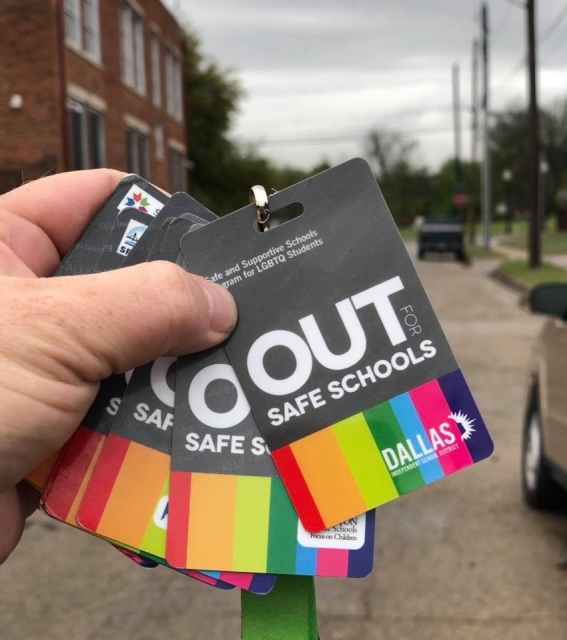
By Chris W
This month the world has watched as young people all over the United States walked out of their schools and into the streets, protesting the lack of action being taken by elected officials and educational agencies to ensure that their schools are safe. By the news and social media response, it would seem like these historic events were unprecedented. In reality, most youth and young adults have been at the forefront of most, if not all, progressive social and political movements in U.S. history.
As part of GSA Network’s Safe and Supportive Schools Project, we are here to help support schools and educators that want to do this work in collaboration with young people. That support has looked like facilitating workshops for teachers and other adult allies at professional development events and conferences throughout the year, working with our national and local partners to create professional development opportunities, and coordinating and compiling materials to help guide adults who hope to be in allyship with young people.
One of the questions that I am asked most often is:
“What can I do as a GSA Advisor or teacher to encourage my students to be more active in social and political movements?”
My standard response is: it depends on the needs of your students and/or GSA club – is your club’s focus more on support, socializing, or advocacy? A more important question GSA advisors and teachers should ask themselves is:
“How can adults support young people when they are engaging in social and political actions?”
Many trans and queer students already have a vision for what changes they want to see in their schools. Here’s how you can start supporting them now:
- Ask them what kind of support they need. Do they need help planning? Or do they need money? Or maybe they need more education on certain topics?
- Encourage in-class discussions on successful strategies and tactics for movement building. This can include things like storytelling, writing to elected officials, staging protests, starting online petitions, and other activities.
- Let them know that they have your support. They need to hear from you that you have their back and that you are there to help. They may not know that there are adults in their schools and communities who are ready, willing, and able to support them.
- Show up when they take action, not to monitor or police their activities, but to be there if they need help – such as interacting with the police, helping problem solve, and making sure they are safe.
- Partner with community-based organizations, including state and local GSA Networks. You don’t have to be an expert on political and social movements, but find out who is in your community.
To learn more about supporting trans and queer youth movements, consider attending the Stonewall National Education Project’s Symposium on LGBTQ Youth in Austin, Texas on April 15-18, 2018. Financial assistance is available for those who need it through the Stonewall National Museum and Archives.
